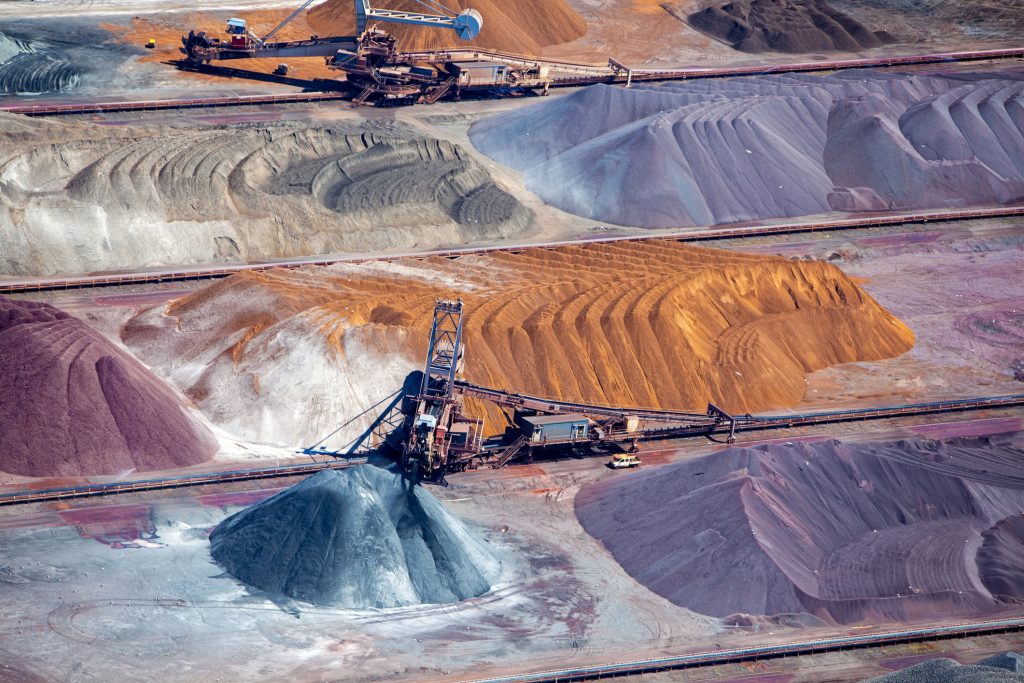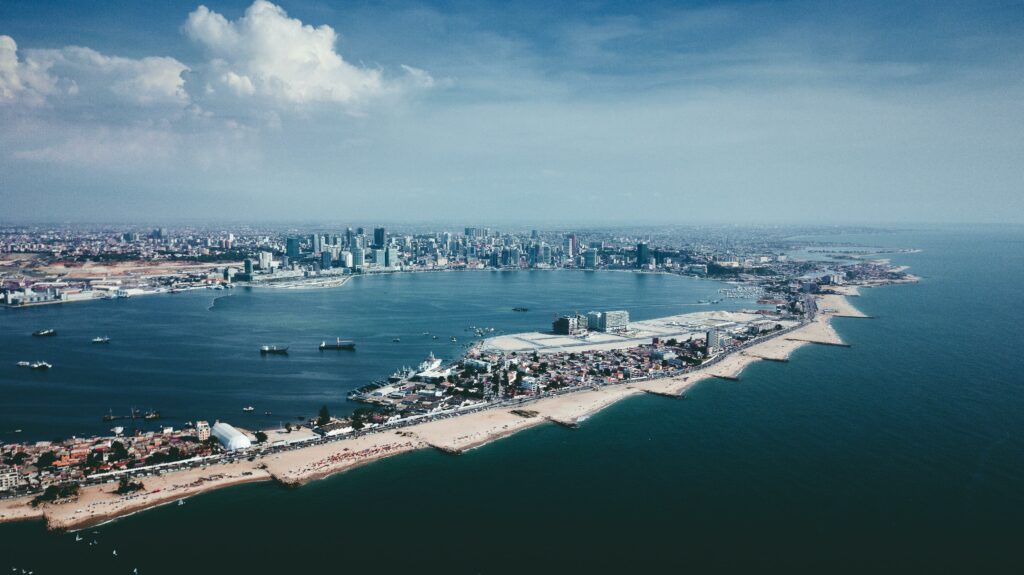Christof Rühl, member of the Advisory Board of Crystol Energy and a Senior Fellow at the Center on Global Energy Policy at Columbia University, discusses the latest global macroeconomic developments and energy markets in this weekly interview to the Gulf Intelligence.
Christof comments on whether the US economy faces a potential dramatic slowdown. We’re getting into territory where the Fed has pivoted and we’re going to continue to have steep rate rises. The question is whether they can engineer a soft landing, or do they have to go through a recession to bring inflation down? If energy prices stop rising or decline, it will feed into inflation in a positive way and might remove some of the need to raise interest rates, which you would have seen if all the underlying inflationary forces came only from the labor and goods market. But it’s clear that inflation has not retreated – not in Europe, not in the UK, not in the US – and that, therefore, there’s a huge gap to be bridged by central banks by way of interest increases if they want to fight it. It’s also clear that we have record indebtedness in the global economy – in the private sector, in the public sector and in the financial sector – and these rate increases would be poison for that, so the recession risk has also increased.
In the meantime, we still aren’t seeing a big disruption of Russian oil supplies. Only the US and Canada have formally sanctioned and imposed a moratorium against importing Russian energy. Everything else is either a real consequence of financial sector sanctions, or non-binding talk of oil sanctions. These sanctions are completely voluntary and decentralised. The question is whether this unilateral decision-making country by country will continue or whether we will see the introduction of a centralised mechanism with secondary sanctions and enforcement, which is what the US seems to favor. In terms of economic warfare, one could say that this is a duel between the G7 countries representing more than 30% of global GDP, and Russia representing more than 11% of global energy production, and if you look at these energy sanctions, the economic risk could end up being more for the sanctioning countries.
On how concerned we should be about demand destruction, Christof explains that the economic outlook is very concerning. One game changer could be the severity of the Covid-induced slowdown in China, along with all the problems in its housing and financial sector. The government is expected to go for a very large fiscal monetary stimulus before the Communist Party Congress in October or November. That could provide an impetus for the resumption of demand, but the consensus is that China is unlikely to return to pre-pandemic growth rates.
Christof is joined by Mike Muller, Head, Vitol Asia. Sean Evers from Gulf Intelligence moderates the discussion.
Watch the full discussion:
Related Analysis
“Sanctions and the Economic Consequences of Higher Oil Prices“, Christof Rühl, Apr 2022
“Energy Markets and the Design of Sanctions on Russia“, Christof Rühl, Mar 2022
Related Comments
“EU Sanctions on Russian Oil“, Dr Carole Nakhle, May 2022
“EU Talks to Ban Russian Oil“, Dr Carole Nakhle, May 2022
“Where are we in the oil markets?“, Dr Carole Nakhle, May 2022
“The outlook for Russian gas in Europe“, Dr Carole Nakhle, Apr 2022
“The West and Russian Hydrocarbons: Towards an end to this dependency?“, Dr Carole Nakhle, May 2022








